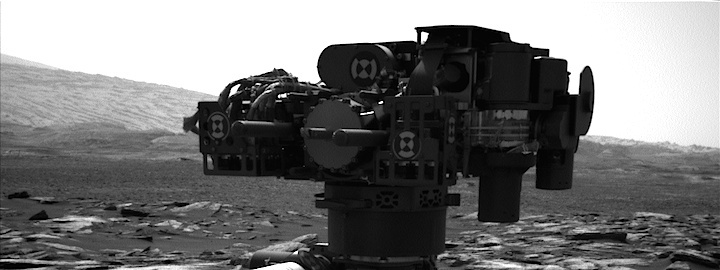Roscosmos is carrying out systemic work for preparing missions to the Moon and Mars, he said.
Along with Mars, Venus looks similar to Earth, Bloshenko said.
However, the environment on Venus is far from being favorable from the viewpoint of humans, he said. In particular, the average temperature of its surface equals about plus 470 degrees Celsius (compared to -63 degrees on Mars) while its atmospheric pressure exceeds that on Earth by 90 times, he pointed out.
"The conditions potentially ‘attractive’ for colonization are present on Venus only at an altitude of 50 - 65 km: here the planet’s atmosphere most of all resembles that on Earth by its temperature, pressure and gas structure," he said.
Life on Mars
At the early stages of its history, Mars presumably had the dense atmosphere and a large amount of water, i.e. the environment that resembles Earth’s conditions today. However, over the period of several hundred million years, this environment was lost, Bloshenko said.
All the studies conducted on Mars and Venus into the presence of the signs of life have not yielded any positive results so far, he added.
"Possibly, the next stage of the ExoMars joint Russian-European mission whose launch is scheduled for 2022 will shed light on this issue. The program envisages landing on Mars a rover equipped with a drilling device that is capable of getting in the Martian subsurface layer, and also a miniature laboratory to look for signs of life," the Roscosmos official said.

